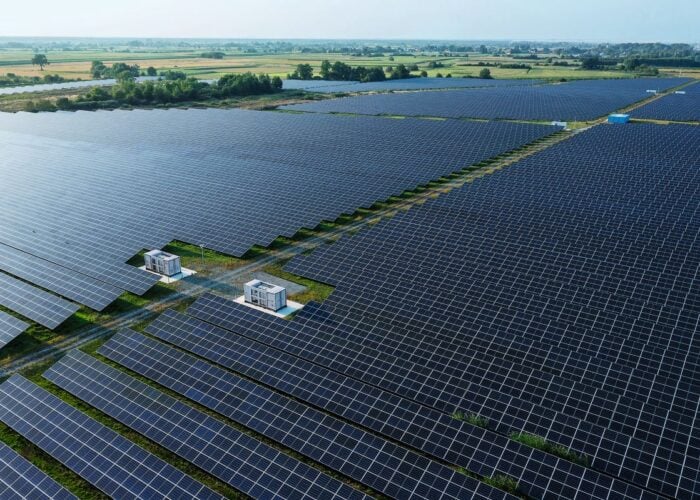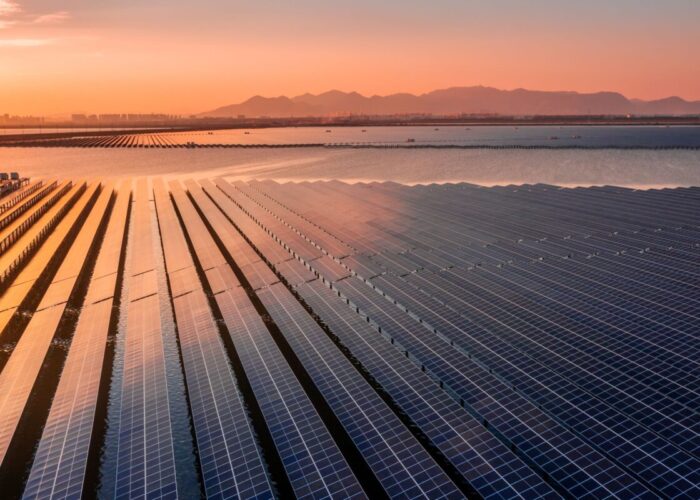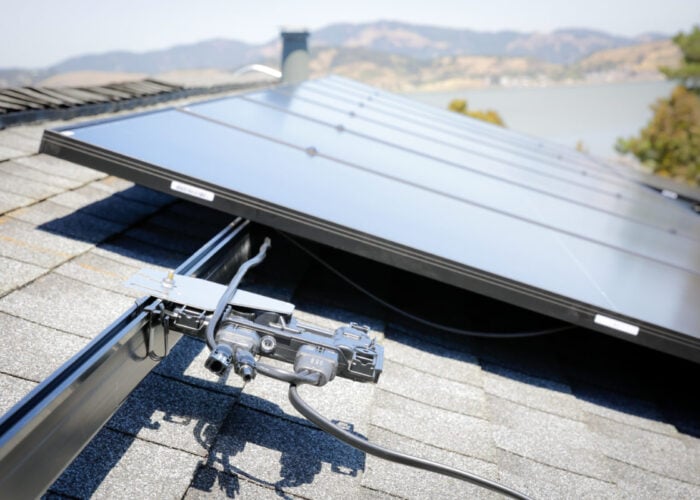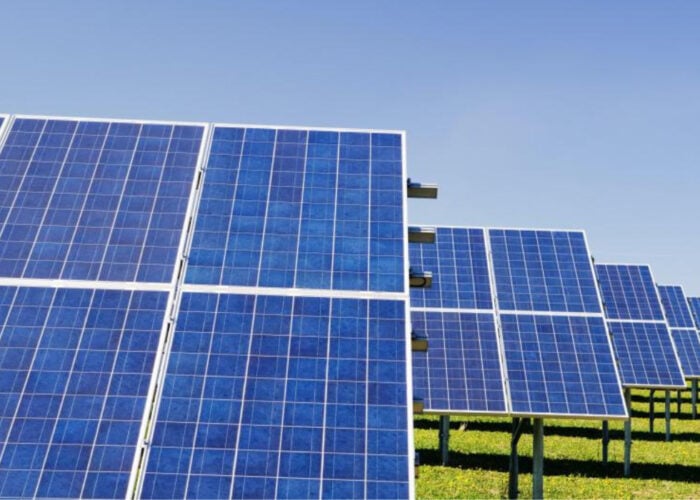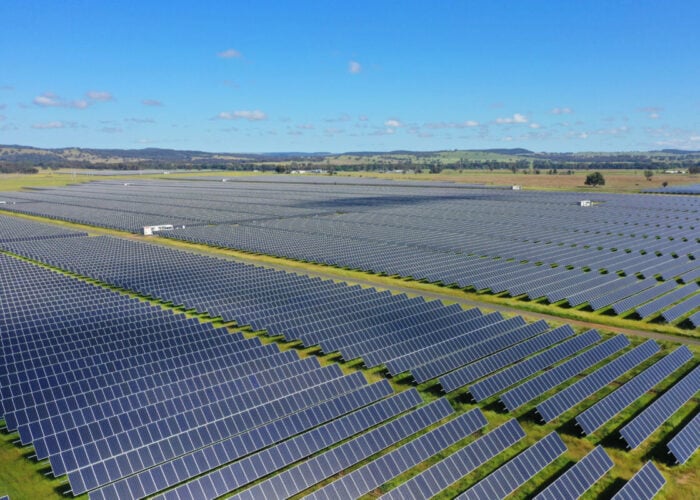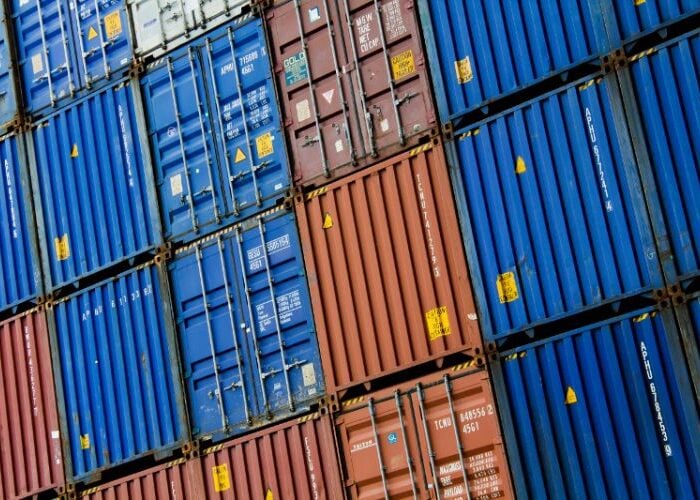
Chinese solar manufacturer Runergy has signed a solar glass supply deal and a module recycling contract with US solar recycling firm Solarcycle.
The deal pertains to Runergy’s operations in the US, where it operates a 2GW n-type tunnel oxide passivated contact (TOPCon) module production facility in the state of Alabama.
Unlock unlimited access for 12 whole months of distinctive global analysis
Photovoltaics International is now included.
- Regular insight and analysis of the industry’s biggest developments
- In-depth interviews with the industry’s leading figures
- Unlimited digital access to the PV Tech Power journal catalogue
- Unlimited digital access to the Photovoltaics International journal catalogue
- Access to more than 1,000 technical papers
- Discounts on Solar Media’s portfolio of events, in-person and virtual
Or continue reading this article for free
Solarcycle will supply “at least” 4GW, or 30 million square metres, of solar glass to Runergy over a five year period. The company is building a “first of its kind” solar glass manufacturing facility in Georgia, US, which will produce glass from recycled US solar modules. The site will produce glass for between 5GW and 6GW of solar PV capacity annually.
Runergy said it will use the glass to produce n-type bifacial modules.
The two companies also entered into a solar recycling agreement, where Solarcycle will recycle Runergy panels at the end of their lives.
Jusong Wang, managing director at Runergy Alabama said: “This partnership not only strengthens our commitment to reducing our carbon footprint but also ensures that our products have a more sustainable lifecycle from production through to recycling for the US.”
Solarcycle has signed a number of deals with US-based solar manufacturers for both recycling and glass supply. Most recently, it inked a recycled glass supply deal with Canadian manufacturer Heliene to support its ongoing module and cell manufacturing expansion in Minnesota. Last month, it also signed a recycling deal with multinational solar manufacturer Canadian Solar.
Use of domestically produced glass is one of a number of moves that manufacturers have made to increase the domestic content in their modules. The US government introduced incentives under the Inflation Reduction Act (IRA) which adds another 10% tax credit for solar projects which use products with a sufficient quantity of US-made components. We published a guest blog from Michael Parr, head of the Ultra Low Carbon Solar Alliance, looking into the expansion of non-silicon components in the US supply chain.
The production of solar glass made from recycled panels is a significant moment in establishing a circular supply chain for the industry. Despite this development, a circular supply chain for US solar is a long way off. According to data from the Solar Energy Industries Association, around 45GW of US module production capacity is currently online and over 80GW of capacity plans have been announced. By contrast, Solarcycle is one of the only significant companies offering a recycling model.
Last week, Runergy petitioned the US Patent and Trademarks Office to “cancel” two patent infringement complaints filed against the company by competitor Trina Solar.

